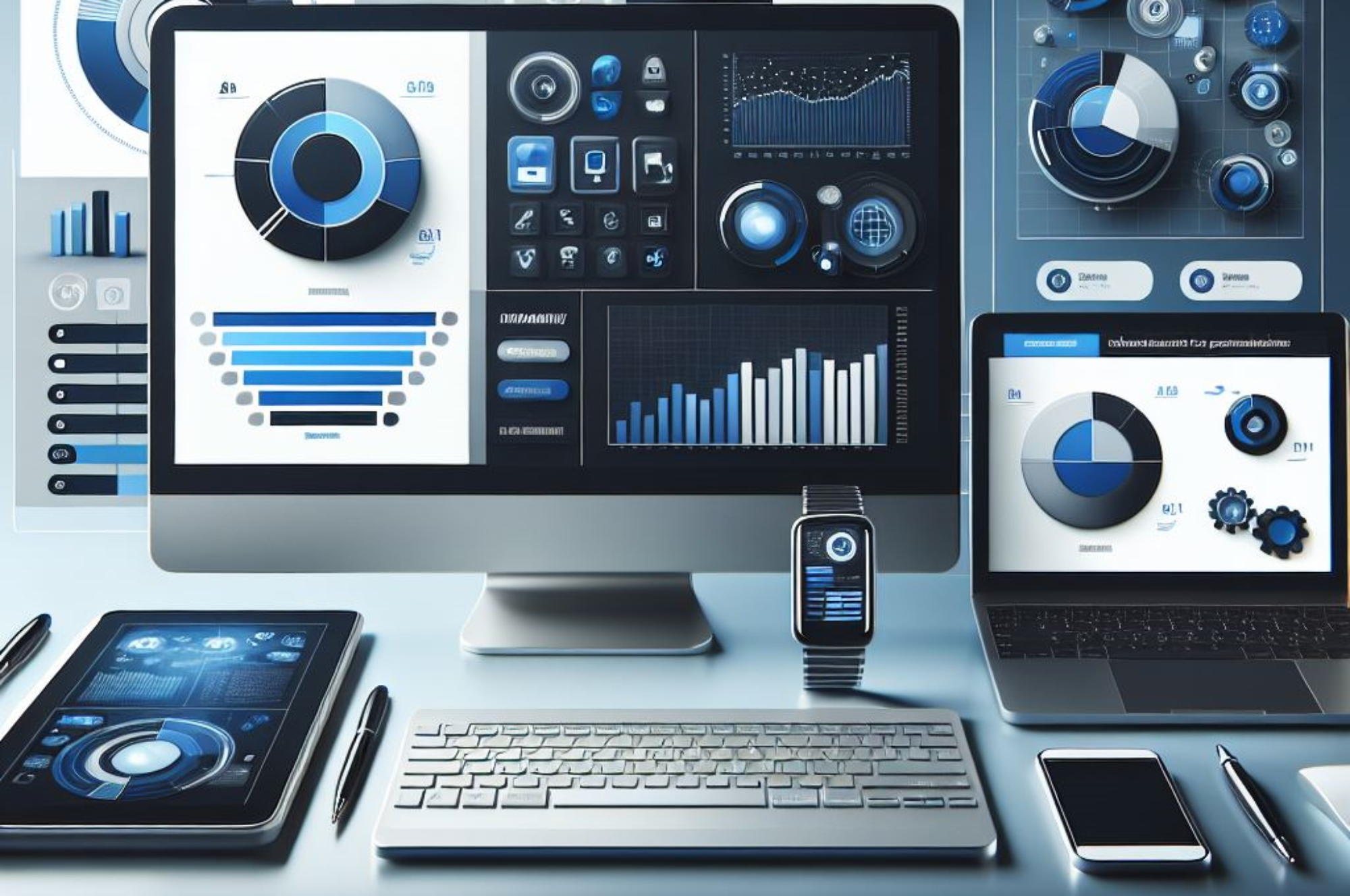Here are 5 things you will undoubtedly underestimate about Artificial Intelligence (AI) in 2017
“We are Now Controlling the Transmission”
If you aren’t familiar with the 60’s TV series “The Outer Limits” you need to watch this intro (its 58 seconds long).
Artificial Intelligence is controlling more than you realize, and in 2017, it’s going to accelerate. AI algorithms are already affecting which products & services you see when you perform a search – regardless of the device or interface. AI is pushing messages, offers, & advice to you that you may never have asked for. Artificial Intelligence is deciding what shows up in your news feeds, on the sites you frequent, and in the apps you use.
Sometimes those results will be relevant and useful. Yet often, they won’t be that relevant and will have bias. So beware, be careful, and try to understand better what is showing up and why. Be an activist. Consumerism is empowering. Use that right to force companies into making AI better, in essence taking back some control.
“We know who you are…and where you are…Well kind of”
A little over 2 years ago, I wrote a blog post entitled “Customer Data & Decisions – Reflections of Me.”
The forces I cover in this piece related to the collection of consumer data will continue to accelerate in 2017.
My advice is work to get your own data house in order next year. Go beyond the obvious, like pulling your credit report, to being prudent about how you safeguard and when you share any of your data. Its valuable, but its also vulnerable.
When you install apps, be thoughtful about which ones you grant permission to track your location. Did you know that Uber now tracks your location from the time you open the app to 5 minutes after you arrive at your destination? Uber values that data, and can leverage it in a variety of ways – but do you want them doing that? What have you received in return? How will they share that data?
Think about these factors when you decide how much data to share, and spend time to understand how firms are using and compiling YOUR data. In some cases, you may not have direct control, but nonetheless it’s important to understand what’s happening since after all, it is your data.
I’m not opposed to companies collecting relevant data to feed into Artificial Intelligence systems to use in a responsible way to add value to my consumer experience. Yet I expect value in return, and I expect a firm to respect my privacy.
You have a vote in Artificial Intelligence evolution. Don’t let it run amuck
You vote with your wallet & purse everyday. Intelligent devices are popping up everywhere and dropping in price, and firms are dropping Artificial Intelligence into almost everything we buy. From voice activated appliances, to connected cars, we now live in a world where having a conversation with a computer is commonplace.
Again, what you buy helps decide which AI infused products thrive and which ones die. Buy wisely. Perform some reviews. Render your opinion. Your opinion on a frying pan may mean a little less to society then your review of how an interaction went with a Chat Bot.
More money than you can imagine will be spent on it
How much will be spent on AI? No one really knows. This post has some interesting estimates. Let’s just say that all of us will underestimate the amount of energy that will be put into AI related research & technologies in 2017. It’s going to be HUGE – and it’s not just in 2017. This is a revolution happening.
AI will have bias because of its creators & the data it feeds on
Artificial Intelligence actions & outcomes must be monitored & governed by its carbon-based creators. Yet ironically, its creators are the ones that introduce bias into the AI brain.
From biased data (think about how a hiring bot might make decisions about which candidates are most likely to succeed in a job….it will use past employee performance data…which is biased by the hiring practices of the past), to the bias rules & code from the inventors.
Its incumbent on us all to be mindful of these tendencies, and advocate aggressively against bias in the machine.
Note: These views are my own, and not that of my employer


